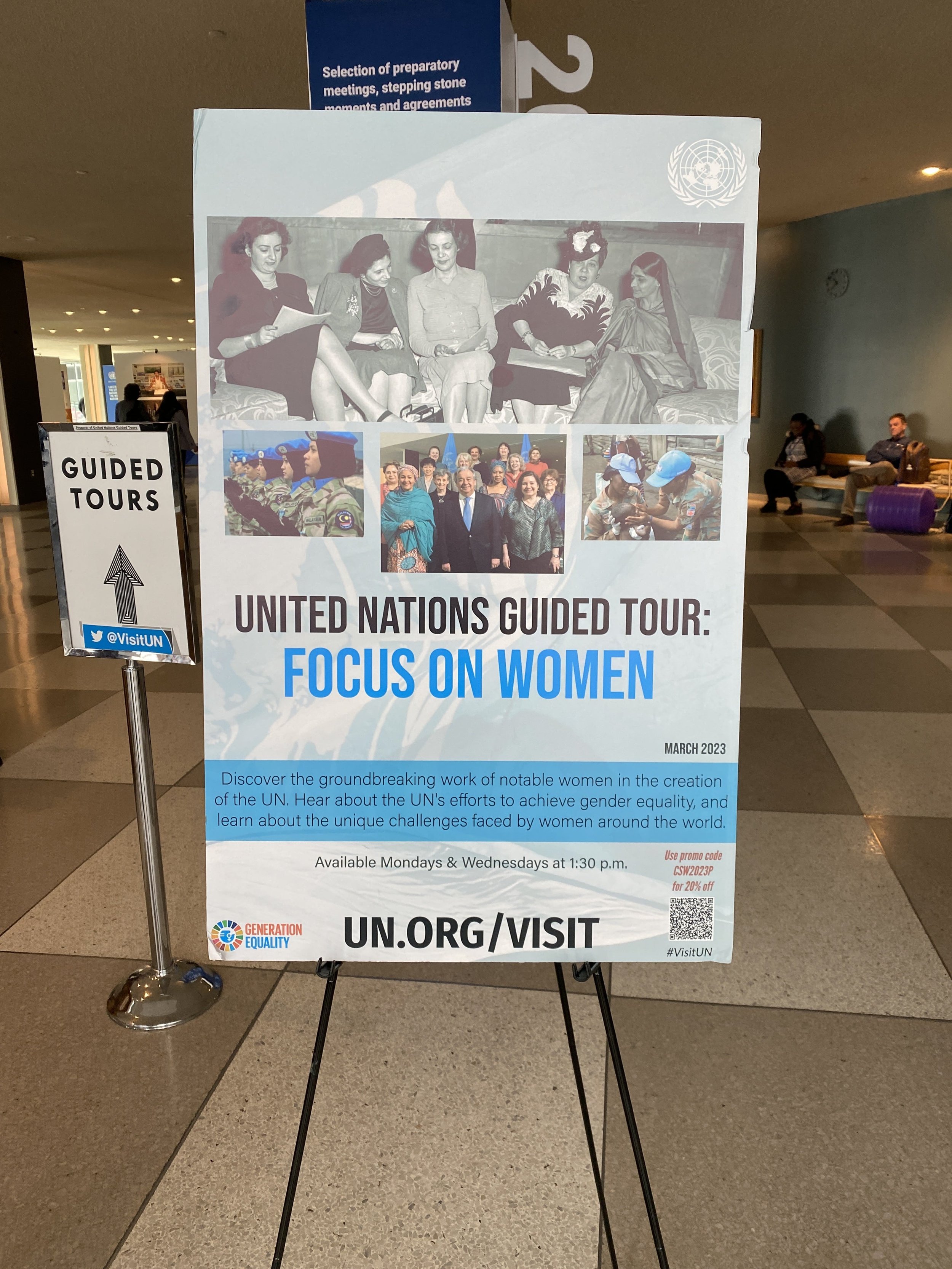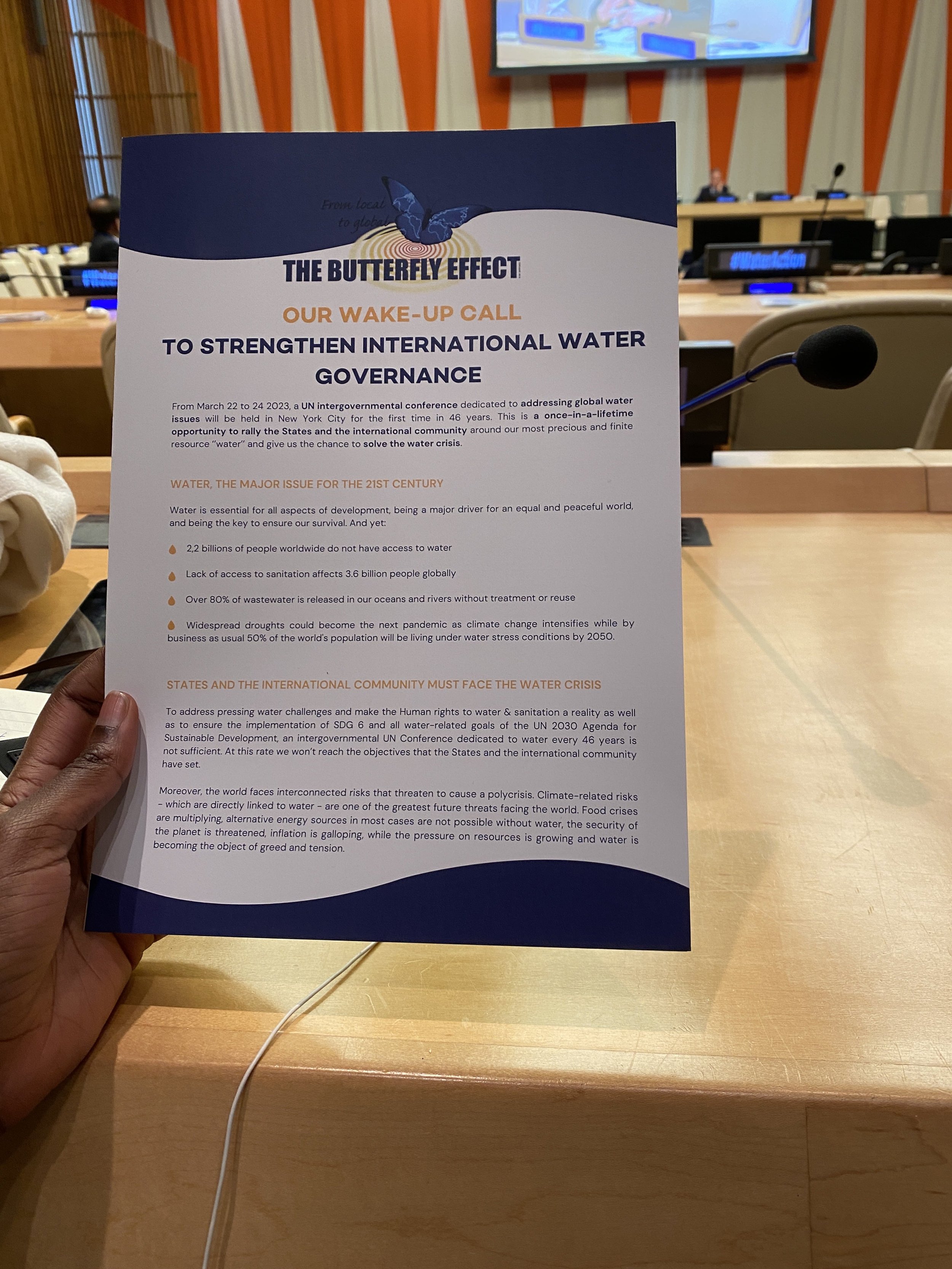The 2023 UN Water Conference: A Turning Point for Global Water Security
The year 2023 marked a significant milestone for global water management as the United Nations hosted its first water conference in nearly half a century. Held in New York City from March 22-24, the UN Water Conference convened global leaders, policymakers, civil society, and water experts to address the pressing water crisis.
As of 2023, billions of people globally still lack access to safe drinking water and sanitation services. According to UN data, 2.2 billion people around the world live without reliable access to safe water, and 4.2 billion do not have safely managed sanitation. Water insecurity directly affects health, agriculture, industry, and ecosystems, and disproportionately impacts vulnerable populations, particularly in low-income countries. The conference highlighted that without immediate and coordinated global action, the situation will worsen. Climate change exacerbates water-related challenges, with rising temperatures leading to more extreme weather events such as floods and droughts, which disrupt water supplies and increase contamination risks.
Representing the voices of rural women from Uganda, a junior staff member from Katosi Women Development Trust (KWDT) attended the 2023 UN Water Conference to share the unique challenges and local solutions women in their communities are spearheading to ensure water security. KWDT has long been at the forefront of empowering women in water resource management through initiatives such as rainwater harvesting, sanitation projects, and sustainable agriculture practices. Their participation underscored the critical role of grassroots organizations in shaping global water governance and ensuring that water policies reflect the needs and perspectives of women and marginalized communities in rural areas.
Civil society organizations also played a crucial role in addressing the imbalance recognized as essential to achieving broader development goals. During the conference, The Butterfly Effect, a network of international and local CSO/NGO, which advocates for effective local solutions, was also in attendance. The Butterfly Effect's positions were widely disseminated before and during the conference at various sessions and meetings with strategic players, including the Secretary General of the United Nations and government delegations. The Butterfly Effect signed and contributed to the drafting of paragraph 9 on global water governance of the civil society manifesto, endorsed by over 450 organisations, including KWDT.
One of the most significant outcomes of the conference was the adoption of the Water Action Agenda. This agenda seeks to galvanize commitments from governments, the private sector, and civil society to implement tangible solutions for water-related challenges.
As the world moves forward from the 2023 UN Water Conference, the focus must now shift from promises to actions. Water is the foundation of life, and managing it sustainably is key to addressing a wide range of global challenges, from food security and health to climate resilience and economic development. If the momentum generated by the 2023 UN Water Conference is sustained, there is hope that by 2030, the world will be on track to achieving water security for all, ensuring that no one is left behind.








